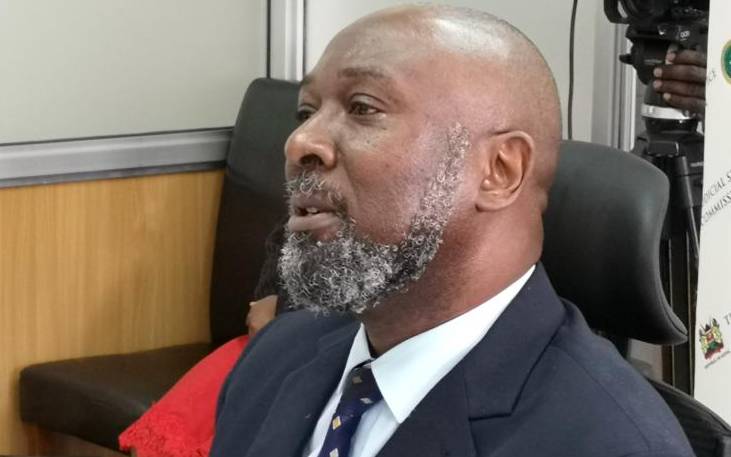×
The Standard e-Paper
Fearless, Trusted News

Justice Stephen Radido during the interview by Judicial Service Commission (JSC) for a position of court of an Appeal Judge. [David Njaaga/Standard]
Two judges, who appeared before the Judicial Service Commission (JSC) interview panel yesterday, were put to task over their rulings related to the 2017 General Election.